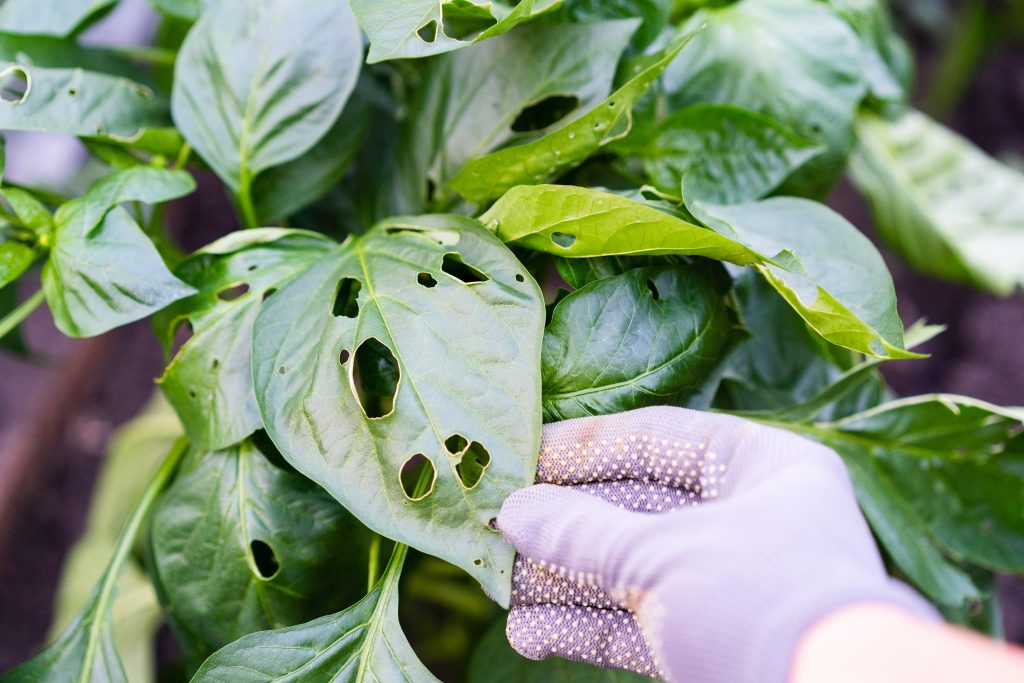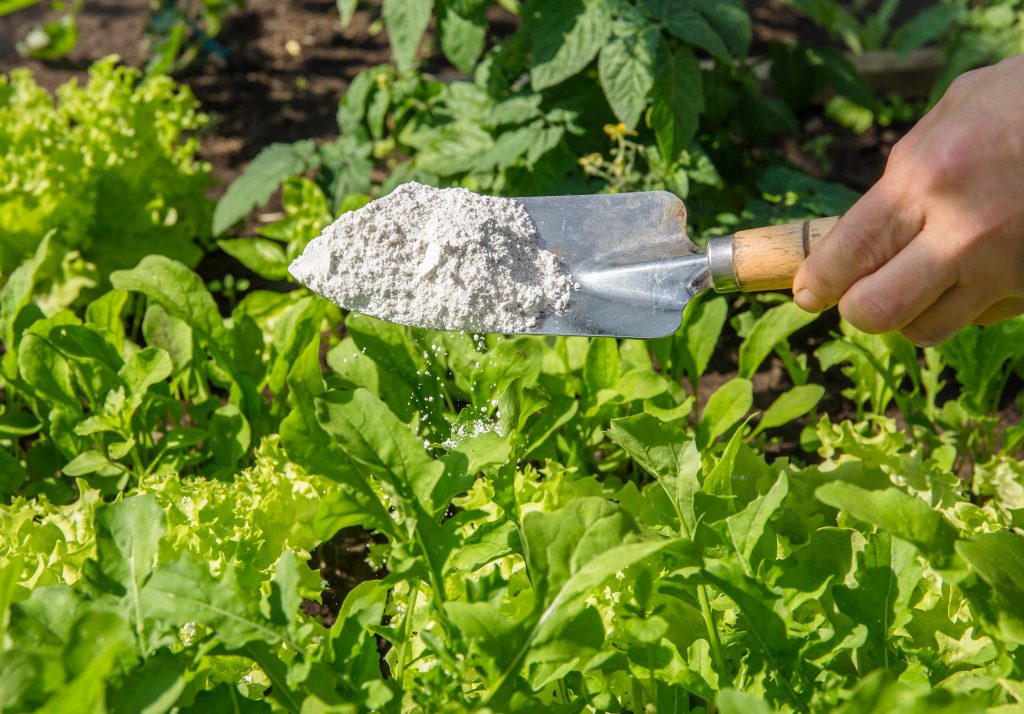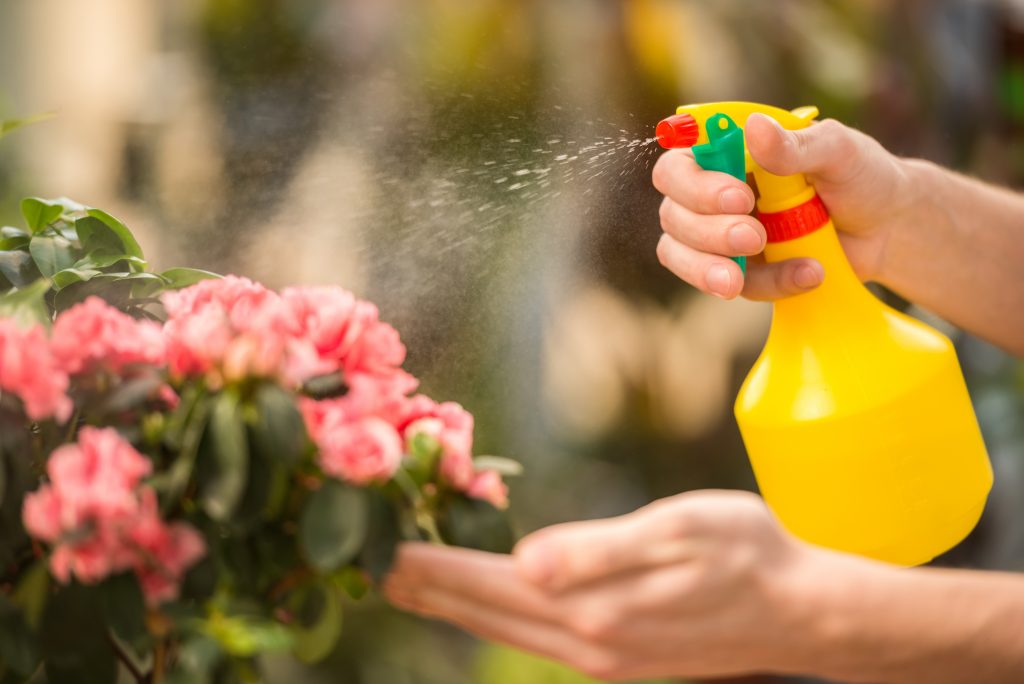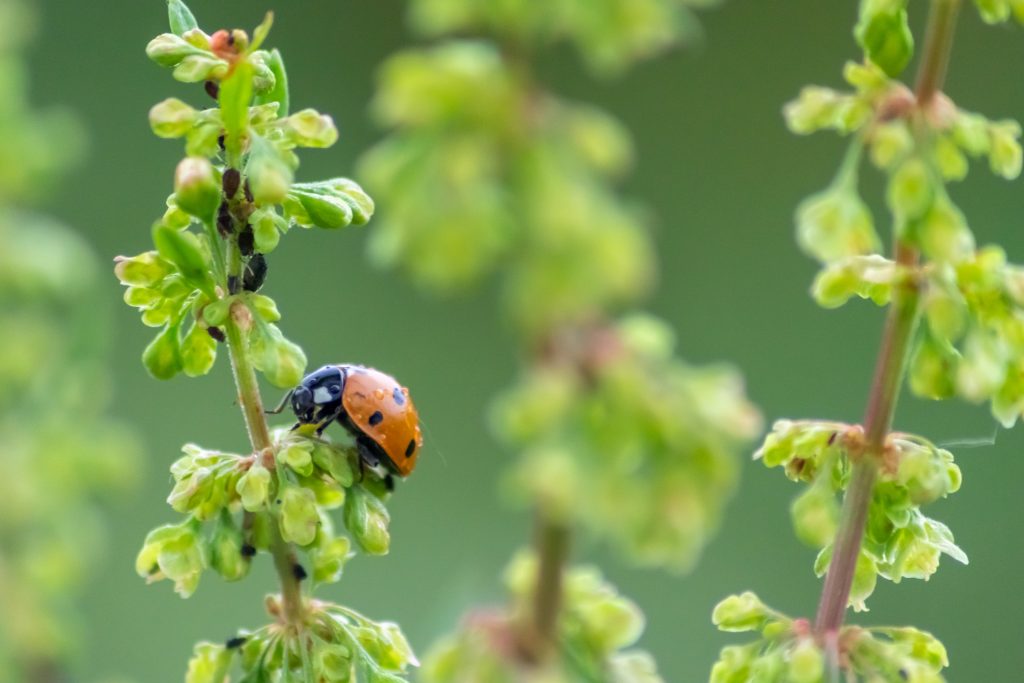Keeping your lawn healthy and vibrant is important for maintaining a beautiful and functional outdoor space.
However, lawn pests can quickly cause significant damage if left unchecked.
That’s where lawn pest control comes in.
Proper pest management is essential for preventing and managing pest problems in your lawn.
In this article, we will discuss key strategies for identifying and controlling lawn pests, including cultural and chemical controls, as well as sustainable pest management practices.
By taking a proactive approach to lawn pest control, you can ensure a healthy and thriving lawn for years to come.
What’s Eating My Plants? How to Identify Common Garden Pests
Identifying pests is an essential part of managing your garden effectively, and it doesn’t have to be complicated or intimidating.
First, keep an eye out for visible signs of damage to your plants, such as holes, discoloration, or wilting. Some pests, like aphids and spider mites, leave visible trails or webs, while others, like mealybugs, may appear as cottony growths on the leaves.
It’s also helpful to look for evidence of the pests themselves, like tunnels, eggs, or even the pests themselves. For example, caterpillars can often be seen chewing on leaves, while whiteflies can often be seen flying around the plants they infest.
Once you’ve identified the pest, it’s important to determine the best approach for managing it.
Some pests, like aphids, can be controlled through natural methods such as spraying them off with a strong jet of water or introducing beneficial insects like ladybugs or lacewings to your garden. Others, like mealybugs, may require a more targeted approach, such as applying a targeted pesticide.
The key to successful pest management is early identification and quick action. The longer you wait to address a pest problem, the more damage it can cause.

Prevention is Key
Prevention is the first line of defence against garden pests.
By taking steps to prevent pest infestations from occurring in the first place, you can avoid the need for more aggressive treatments later on.
The key to effective prevention is to create a healthy and balanced garden ecosystem that is resistant to pests.
One of the most important steps in pest prevention is to maintain healthy soil.
This means adding organic matter like Westland Multi-Purpose Compost and avoiding over-fertilising, which can make plants more susceptible to pests.
Another important prevention method is to choose pest-resistant plant varieties whenever possible. Plants that are well-suited to your climate and soil conditions are more likely to thrive and be resistant to pests and diseases.
In addition to maintaining healthy soil and choosing pest-resistant plants, there are other simple steps you can take to prevent pest problems. Regularly pruning and removing dead or diseased plant material can prevent pests from taking hold, while keeping your garden clean and free of debris can reduce hiding places for pests.
Finally, it’s important to monitor your plants regularly for signs of pest activity.
By catching pest problems early, you can take quick action to prevent them from spreading and causing serious damage. Regular inspection and maintenance are key to successful pest prevention.
Natural Ways to Keep Pests Away
Natural ways to keep pests away are a great option for gardeners who want to avoid harsh chemicals and keep their gardens healthy and eco-friendly. There are many natural methods that can help keep pests at bay, from companion planting to organic pest repellents.
One of the most effective natural pest control methods is companion planting. This involves planting certain plants together that help to deter pests.
Another natural method for pest control is to use organic pest repellents.
These can be made from ingredients like garlic, hot peppers, and essential oils, which have natural pest-deterring properties. You can create your own homemade pest repellents, or purchase pre-made organic pest control products at your local garden center.
By using natural methods to keep pests away, you can create a healthy and thriving garden without relying on harsh chemicals. These methods are often just as effective as traditional pest control methods and can be a great option for gardeners who are looking for a more sustainable approach to pest management.

Chemical Controls That Work
Chemical controls are another option for managing pests in your garden.
When dealing with mealybugs or other severe pest infestations, chemical controls like the mealybug destroyer and pesticide sprayer can be a helpful tool. These products are designed to specifically target pests like mealybugs and can provide quick and effective results.
However, it’s important to use chemical controls with caution and follow the instructions carefully. Wear protective clothing and use the pesticide sprayer according to the recommended dosage and application method. Avoid applying pesticides on windy days or when rain is expected, as this can cause the pesticide to drift and potentially harm beneficial insects or nearby plants.
It’s also worth noting that while chemical controls can be effective, they should be used as a last resort after other methods, such as natural pest control and cultural controls, have been tried.
Overuse of pesticides can lead to pesticide resistance and harm beneficial insects, which can have a negative impact on your garden ecosystem.

Taking a Holistic Approach: Integrated Pest Management
IPM focuses on minimising the use of pesticides and prioritises prevention and natural control methods.
IPM involves monitoring plants regularly for signs of pests, and using a combination of natural and chemical controls as necessary.
For example, introducing beneficial insects like ladybugs and lacewings to your garden can help to control pests like aphids and mealybugs. Additionally, cultural controls such as crop rotation, sanitation practices, and pruning can help to prevent pest infestations from taking hold.
When chemical controls are necessary, IPM prioritises the use of selective pesticides that are targeted to specific pests, rather than broad-spectrum pesticides that can harm beneficial insects and pollinators.
IPM also focuses on using pesticides only as a last resort after other methods have been tried, and always follows the recommended dosage and application method.
Integrated Pest Management is an effective and sustainable approach to pest management that prioritises prevention, natural control methods, and targeted chemical controls.
The Good Bugs That Fight the Bad Bugs
The good bugs that fight the bad bugs are known as beneficial insects and they play a vital role in maintaining a healthy garden ecosystem.
Beneficial insects are natural predators that feed on garden pests, helping to keep their populations under control.
Some of the most common beneficial insects include ladybugs, lacewings, and parasitic wasps. Ladybugs, for example, feed on aphids, mealybugs, and other soft-bodied insects. Lacewings, on the other hand, feed on aphids, spider mites, and whiteflies. Parasitic wasps lay their eggs on or inside other insects, effectively using them as hosts for their larvae.
In addition to feeding on garden pests, beneficial insects also help to pollinate plants and provide food for other creatures in the ecosystem. They are a natural and sustainable alternative to chemical pesticides, and can help to create a balanced and healthy garden environment.
To attract beneficial insects to your garden, it’s important to create a diverse ecosystem that includes a variety of plant species and habitats. You can also purchase beneficial insects from garden centers and release them into your garden as needed.

What’s Bugging Your Garden?
If you’re wondering what’s bugging your garden, there are a variety of pests that could be causing problems. Some common garden pests include ants, mealybugs, aphids, and whiteflies, among others.
If you’re dealing with an ant infestation in your lawn, you may want to consider using an ant killer for lawns.
These products are specifically designed to target ants in outdoor areas, and can provide quick and effective results. It’s important to follow the instructions carefully and avoid overuse of these products, as they can harm beneficial insects and other wildlife.
Another common garden pest is the mealybug, which can cause damage to a variety of plants.
Mealybugs can be difficult to control, but using a mealybug destroyer can help to keep their populations in check. In addition to chemical controls, you can also use natural controls like introducing beneficial insects or using insecticidal soap.
Identifying and managing garden pests is an important part of maintaining a healthy and thriving garden.
By taking a holistic approach to pest management, and using a combination of prevention, natural controls, and selective chemical controls, you can keep your garden healthy and pest-free.
Eco-Friendly Pest Management
Eco-friendly pest management is all about keeping your garden healthy and happy without using harmful chemicals that can hurt the environment.
Here are some key points to follow to ensure your garden is eco-friendly:
- To prevent pests from causing problems, try to create a balanced garden ecosystem by rotating your crops, using healthy soil practices, and planting compatible plants together.
- Beneficial insects like ladybugs and lacewings can help control pest populations, and physical controls like hand-picking pests or using sticky traps can be really effective too.
- When you do need to use a pesticide, choose natural and organic options like insecticidal soap or neem oil that are gentle on the environment.
- Keep an eye out for signs of pest infestation like distorted plant growth, visible damage to plants, and the presence of pests on your plants or in the soil.
- Taking a holistic approach to pest management can help you keep your garden thriving and beautiful while minimising harm to the environment.
In a nutshell, dealing with pesky garden pests can be overwhelming, but don’t let them get in the way of your green thumb!
By using natural solutions like companion planting, crop rotation, and beneficial insects, as well as safe and effective pesticides, you can tackle pest infestations and safeguard your garden from damage.
Happy gardening, and watch out for those little critters!
James - Senior Developer
James - leads the development team, ensuring high-quality code while staying up-to-date with the latest tech trends. Outside of work, he enjoys rock climbing, fuelling his passion for adventure and challenge.
